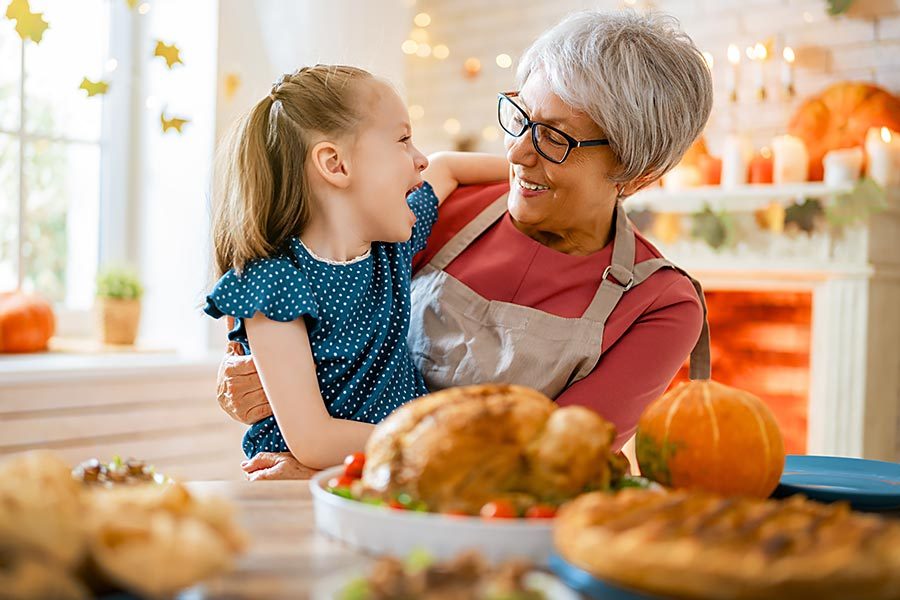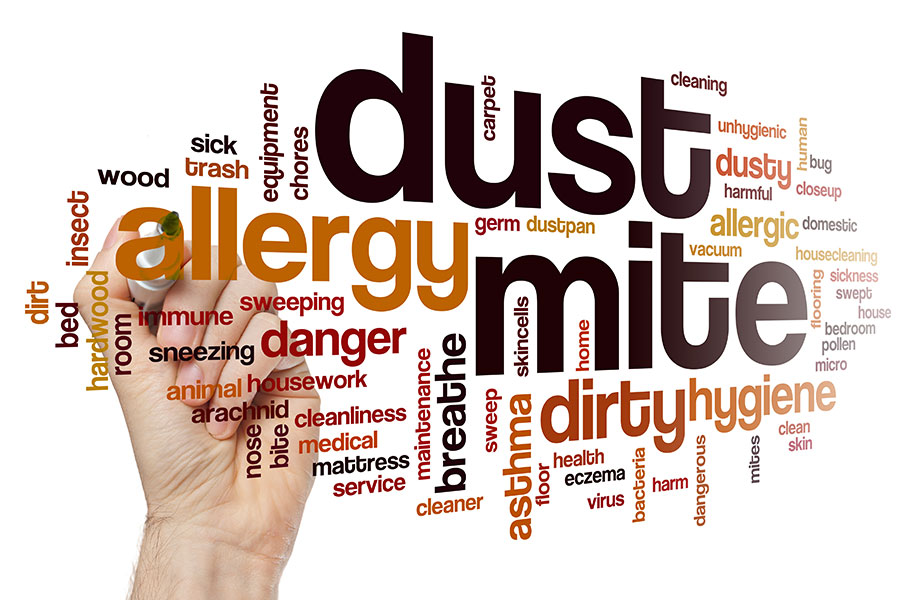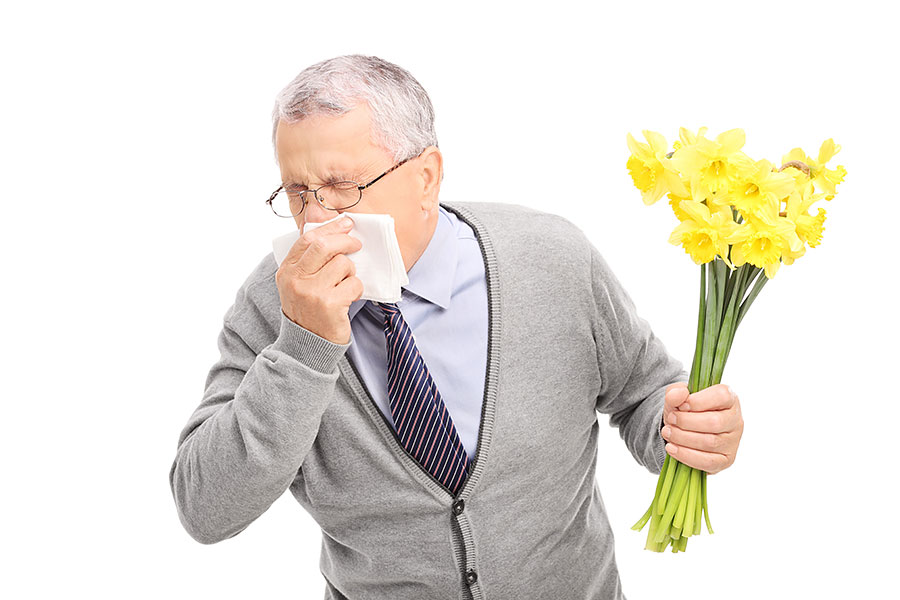Travel, eating at other people’s homes, decorating, lighting candles – for many people, these are a few fun holiday traditions. For people with allergies, though, some of these customs can trigger allergic reactions or an asthma attack. The Asthma and Allergy Foundation and the American College of Allergy, Asthma & Immunology both offer timely tips for keeping safe during the holidays.
First, and likely the most serious, is the possibility of a food allergy reaction. Accidental contact with a food allergen is more probable when eating at another person’s house, or when multiple people are preparing, handling, and serving food.(1)
The Asthma and Allergy Foundation of America advises people with food allergies to plan ahead for holiday events. Hosting an event yourself can give you control over the food that is served. If visiting another home, be sure to speak with the host ahead of time and learn what food will be served, and where it is being prepared. Suggest food from allergy-aware companies. There are several companies that offer products free of the top nine allergens. If eating buffet style at someone’s home, dish up your plate (or your child’s) first. This can help prevent cross-contamination with other foods.(1)
Beyond food, holiday decorations may cause allergic reactions, as well. A Christmas tree may have mold spores that can trigger an allergic reaction or asthma. Choosing an artificial tree is an option, of course. With a fresh tree, letting it dry in a garage before bringing it in the house can help with mold, advises the American College of Allergy, Asthma & Immunology. The same goes for fresh wreaths.(2) Also use caution when spraying artificial snow, as this can irritate the lungs and trigger asthma. Scented candles should be avoided.(2)
When taking out decorations that have been stored for a year, wear a properly fitting respirator, which is engineered to effectively filter small particles. Low filtration efficiency face coverings with large gaps, such as homemade cloth masks and surgical masks, do little more than create a visual blockage when the concern is airborne particles. Unpack everything outdoors or in a garage, to prevent bringing dust into the home, recommends the Asthma and Allergy Foundation of America.(3) The foundation also recommends using a CERTIFIED asthma and allergy friendly® air cleaner to remove particles from the air in rooms in the house with decorations. “Good indoor air ventilation is also important to reduce the spread of the coronavirus (the virus that causes COVID-19),” the foundation states.(3)
Xtract Solutions offers cloud-based Allergy Immunotherapy software, designed to organize the allergy practice, from initial testing through to successful completion of immunotherapy.
(1) Asthma and Allergy Foundation of America, Avoid Food Allergy Reactions During the Holidays, https://community.aafa.org/
(2) American College of Allergy, Asthma & Immunology, Allergies, Asthma, and Winter Holidays, https://www.aaaai.org/
(3) Asthma and Allergy Foundation of America, 5 Asthma and Allergy Tips for a Healthier Home for the Holidays, https://community.aafa.org/




